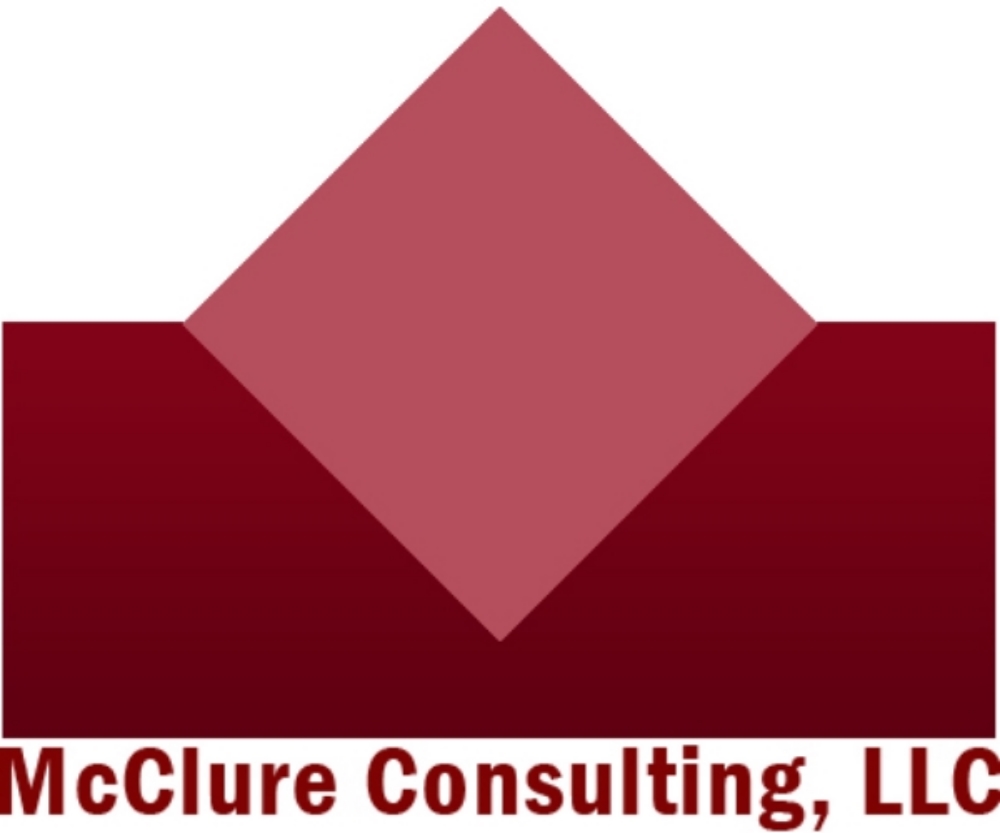Autonomous vehicles will bring about major disruptions to the economy and society
To help localities deal with this disruption, the economic development consulting team of The Natelson Dale Group, Inc. (TNDG) and McClure Consulting LLC have prepared an impact model designed to track the changes brought about by autonomous vehicles that will run through the economy and other municipal systems.
Opinions differ as to the speed at which this new technology, and policy coordination, will be adopted, but we are inclined to side with those who expect the transition to be well on its way within 10 years. The superiority of autonomous vehicles’ performance, along with other advantages, will be abundantly clear to would-be drivers, even while the proportions of autonomous vehicles are still relatively small.
What are the implications for local government managers? The effects of this transition will run through many aspects of the economy, affecting land use, transportation modes and infrastructure, budgets, and policies related to all of the preceding. The TNDG/McClure Consulting LLC impact model is designed to track the changes brought about by autonomous vehicles, as these changes run through the economy and other municipal systems.
Who would benefit from using this modeling tool? The impact model can address the interests of a wide range of public and private entities:
City/County Managers
City Planning departments
Public Works departments
Municipal budget forecasters
Community groups advocating smart development
Real estate developers and major property owners
Chambers of Commerce
Community Development organizations
Economic Development departments/organizations
Specifically, our model analyzes a wide range of potentially affected conditions at the municipal level, including those applicable to: 1) local demographics, 2) fiscal costs and revenues, which would be driven by changes in auto ownership, housing (free of constraints of personal-auto access), and other behavior changes including those related to public transportation use, 3) real estate values, development patterns, and redevelopment pressures, and the need to generate planning and other policy responses to all of these impacts.
These models are based on our 25+ years of experience in socio-economic impact modeling, economic development, and real estate analysis. The models are designed in accordance with the following objectives, as outlined below:
Customized, user-friendly models, transferable, and adaptable for web-based (jurisdiction’s internal system) or standalone use.
Quantitative output, all over time, for the variables listed above.
Configured to provide results, supplemented by interpretation by the Team, sufficient for policy guidance, including:
Advance notice, enabling strategic engagement and time to identify critical interests and develop creative policy and budget responses
Opportunities for the municipality to take a leadership position, with respect to both its region and peer cities, through innovative responses to the transition to autonomous vehicles
Other characteristics of the models include:
Department-by-department friendly
Options for Website-based
Internal
Portions sharable to public (Open Data)
Platform friendly (Desktop; Tablet, Mobile)
Low maintenance
Turn-key product/service
Simple to use; simple to illustrate; powerful results
Various commentators have claimed that the advantages associated with autonomous vehicles are so compelling that widespread adoption will occur within the next decade or so, in spite of the layers of complexity – administrative/regulatory as well as technological – associated with this innovation.
Arbib and Seba note that Technology as a Service (TaaS) will cause several disruptions to the current conditions and the institutional paradigms of our economy. Some of these impacts include:
Massive savings in transportation costs will provide boosts in annual disposable income; providing a significant increase in total GDP.
Productivity gains as a result of reduced driving hours will also contribute to significant gains in GDP.
Land could be converted to more productive land uses due to the diminished demand for vehicle intensive real estate.
Nearly 100 million existing vehicles will be abandoned as they become economically unviable.
The diminishing demand for production of traditional vehicles could result in a distinctive disruption in the car value chain; impacting auto dealers, auto maintenance, and auto insurance companies.
Car manufacturers will have to adapt either as low-margin, high volume assemblers of A-EVs, or by becoming TaaS providers. Both strategies will be characterized by high levels of competition, with new entrants from other industries. The value in the sector will be mainly in the vehicle operating systems, computing platforms and the TaaS platforms.
The transportation value chain will deliver 6 billion passenger miles in 2030 (an increase of 50% over 2021) at a quarter of the cost ($393 billion versus $1,481 billion).
Glus, Bhatia, Caglioni, Gaby, Gottschling, lacobucci, Rothman et. al. assert that there are multiple benefits of advanced planning to combat technology disruptions. The most significant benefits include:
Leveraging technology to enhance mobility
Prioritizing and modernizing public transit
Implement dynamic pricing
planning for mixed-use development that embodies car-light neighborhood design
Encouraging adaptable parking, and
Promoting equitable access to new jobs and services
“Cities will soon have to make complex decisions related to infrastructure, urban mobility, land use, and social equity and inclusion as people give up car ownership and take up ridesourcing”
— Arbib and Seba (2017)
For additional information, contact:
Joe McClure
McClure Consulting LLC
5070 N 40th Street, Suite 205
Phoenix, AZ 85018
Phone: 602.840.3699
Web: jemcclure.com
Email: jmcclure@jemcclure.com
or
Roger Dale
The Natelson Dale Group, Inc. (TNDG)
24835 La Palma, Suite I
Yorba Linda, CA 92887
Phone: 714.692.9596
Web: www.natelsondale.com
Email: dale@natelsondale.com
References

